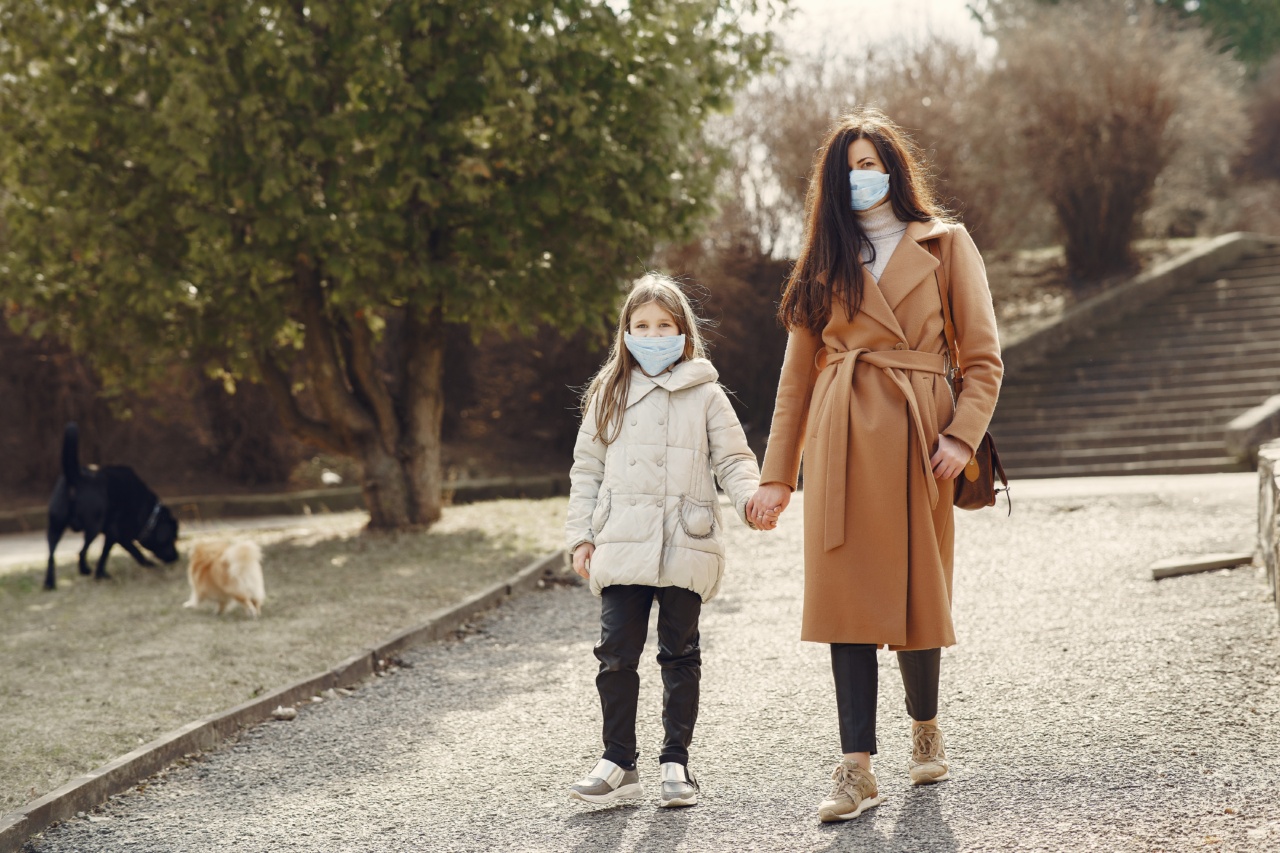As the seasons change, so does our susceptibility to illnesses such as cold and flu. These respiratory infections can cause a number of unpleasant symptoms including coughing, sneezing, sore throat, and headaches.
However, one area of our body that is often overlooked when it comes to protecting ourselves from cold and flu symptoms is our sinuses. Here are some tips for keeping your sinuses healthy and avoiding the worst of cold and flu season.
1. Stay Hydrated
Drinking enough water is important for overall health, but it’s especially crucial for keeping your sinuses healthy.
When we are dehydrated, the mucus membranes inside our nose and sinuses dry out, which can make it easier for bacteria and viruses to take hold. Aim to drink at least 8 glasses of water a day, and more if you are physically active or if the weather is particularly dry. You can also add moisture to your sinuses by using a humidifier in your home or office.
2. Wash Your Hands Frequently
Most cold and flu viruses are spread through contact with infected surfaces or people. Washing your hands frequently with soap and warm water is one of the most effective ways to prevent the spread of these illnesses.
Be sure to wash your hands after being in public places, after touching surfaces that may be contaminated, and before eating or touching your face. If soap and water aren’t available, use an alcohol-based hand sanitizer.
3. Practice Good Nasal Hygiene
The nose is an important line of defense against respiratory infections, but it can also be a breeding ground for bacteria and viruses. To keep your sinuses healthy, it’s important to practice good nasal hygiene.
This includes blowing your nose gently and frequently, using a saline nasal spray or irrigation system to flush out your sinuses, and avoiding picking your nose.
4. Get Plenty of Sleep
Getting enough sleep is another important factor in keeping your immune system healthy and your sinuses infection-free. Adults should aim for 7-8 hours of sleep each night, while children and teenagers may need more.
If you’re having trouble sleeping, try establishing a consistent bedtime routine, avoiding caffeine and alcohol in the evening, and minimizing screen time before bed.
5. Stay Active
Regular physical activity not only helps to boost your immune system, but it can also help to keep your sinuses healthy.
Exercise increases blood flow and oxygenation throughout your body, which can help to clear mucus from your sinuses and reduce inflammation. Even just a short walk each day can make a difference.
6. Avoid Smoking and Secondhand Smoke
Smoking and exposure to secondhand smoke can be detrimental to your sinuses and overall health. Smoke irritates the nasal passages and can cause inflammation, making it easier for infections to take hold.
If you’re a smoker, consider quitting, and if you’re exposed to secondhand smoke, try to avoid it as much as possible.
7. Eat a Healthy Diet
A healthy diet is important for overall health, but it can also be beneficial in keeping your sinuses healthy. Foods that are high in antioxidants, such as fruits and vegetables, can help to boost your immune system and fight off infection.
Foods that are high in omega-3 fatty acids, such as oily fish and nuts, can also help to reduce inflammation in the body.
8. Manage Stress
Stress can have a negative effect on your immune system, making you more susceptible to respiratory infections. To keep your sinuses healthy, it’s important to manage your stress levels.
Try practicing relaxation techniques such as deep breathing, meditation, or yoga. You may also find it helpful to engage in hobbies or activities that you enjoy.
9. Stay Up-to-Date on Vaccinations
Getting vaccinated is one of the most effective ways to protect yourself from respiratory infections such as the flu.
Be sure to get an annual flu vaccine, and speak to your doctor about other vaccines that may be recommended for you based on your age and health status.
10. Be Mindful of Air Quality
The quality of the air that you breathe can have an impact on the health of your sinuses. Be mindful of the air quality in your environment, and take steps to improve it if necessary.
This may include using an air purifier, avoiding exposure to air pollutants and allergens, and regularly cleaning and changing air filters in your home.





























